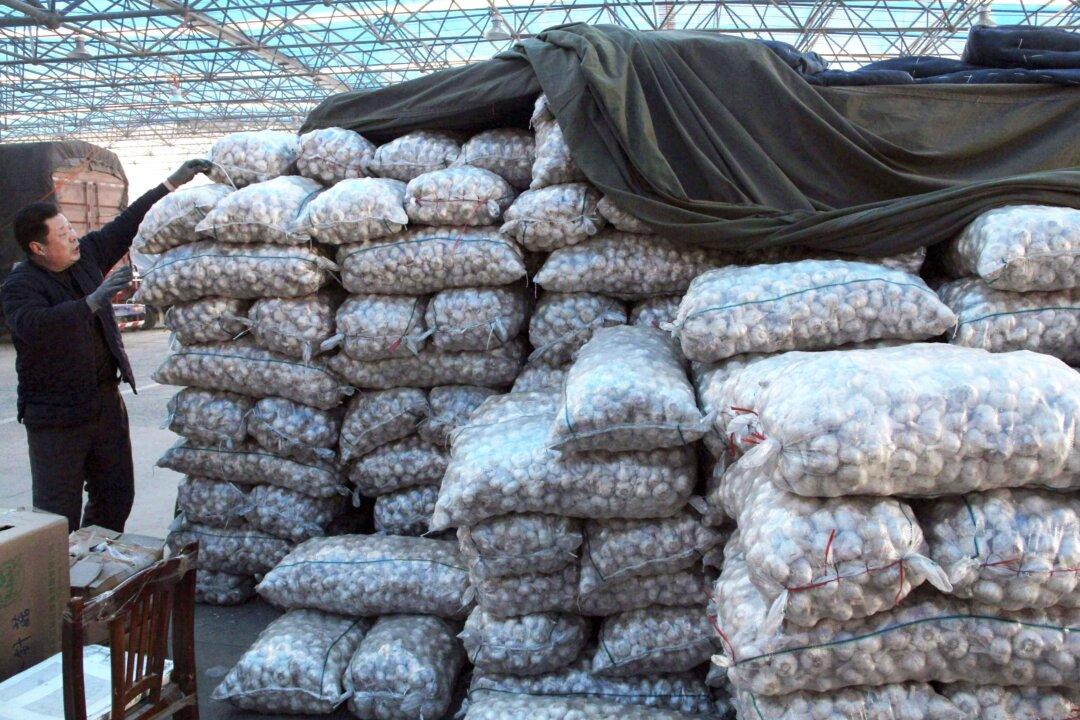From wood pulp found in grated Parmesan cheese, to garlic powder spiked with talc, to the recent massive case of adulterated or spoiled meat products from leading exporter Brazil, food fraud is a widespread problem and is garnering attention among consumers whose health could be put at risk.
Recent estimates put the cost of food fraud at around US$40 billion worldwide, according to research from Michigan State University. It includes everything from mislabelling the country of origin or using “organic” labels when the item is not organic, to changing expiry dates, counterfeiting products, and adulterating or substituting ingredients.
“A good fraudster is someone who technically hides very well his game,” said Samuel Godefroy, a leading expert in food risk analysis at Laval University. “We’re not supposed to discover the issue, but when it turns badly and when the fraud is done by people that have no scruples in what they are doing, it can even lead to tragic consequences.”
A case in point, he said, was the 2008 Chinese milk scandal where 300,000 people were made ill when melamine, a chemical used to produce plastic, was added to milk powder. The powder caused the deaths of four children.
Godefroy, who was a keynote speaker at an international food fraud conference held in Quebec City last week, noted that the food supply chain is becoming increasingly complex in today’s globalized world, with many middlemen and handlers from farm to plate. And countries like Canada and the United States need to step up measures to become more proactive rather than reactive, he said.
“An important measure is beefing up traceability measures. Food ingredients are sourced from all over the planet but that doesn’t mean there shouldn’t be the right traceability to prevent food fraud from occurring.”





